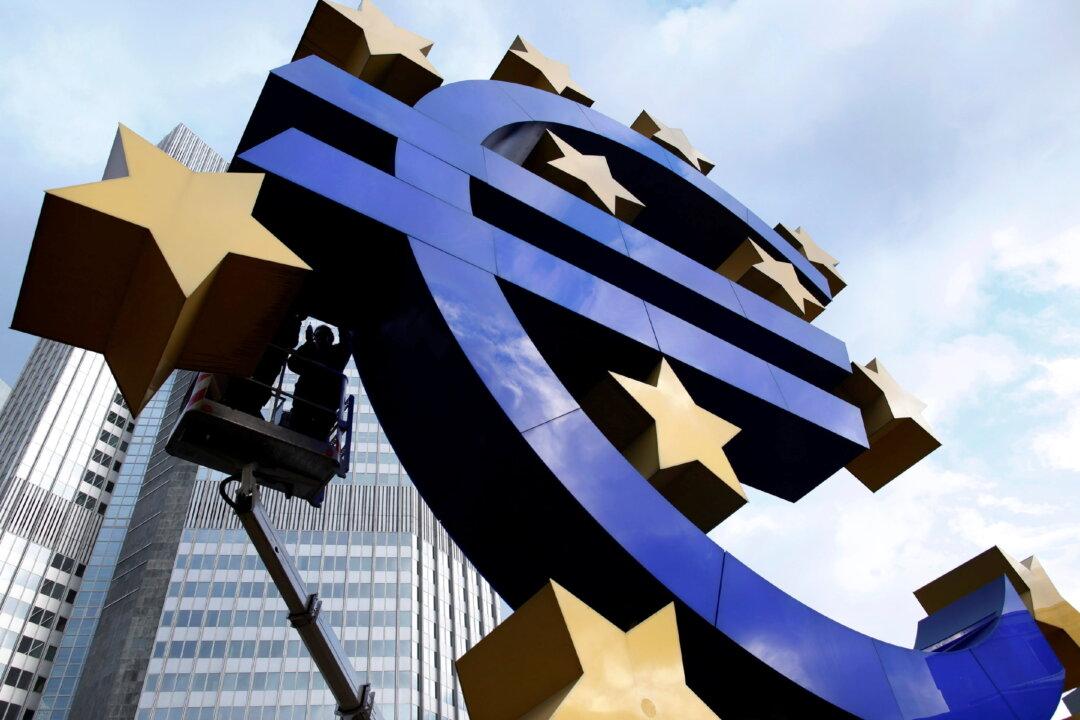Countries in the 19 nation Eurozone are facing skyrocketing inflation as the Russian invasion of Ukraine threatens to raise energy prices throughout Europe, according to numbers released on March 2.
Consumer prices in the EU jumped 5.8 percent from a year ago in February, up from 5.1 percent the previous month, the fourth straight month inflation hit an all-time peak and is now at its highest level since the euro was first issued in 1997.





